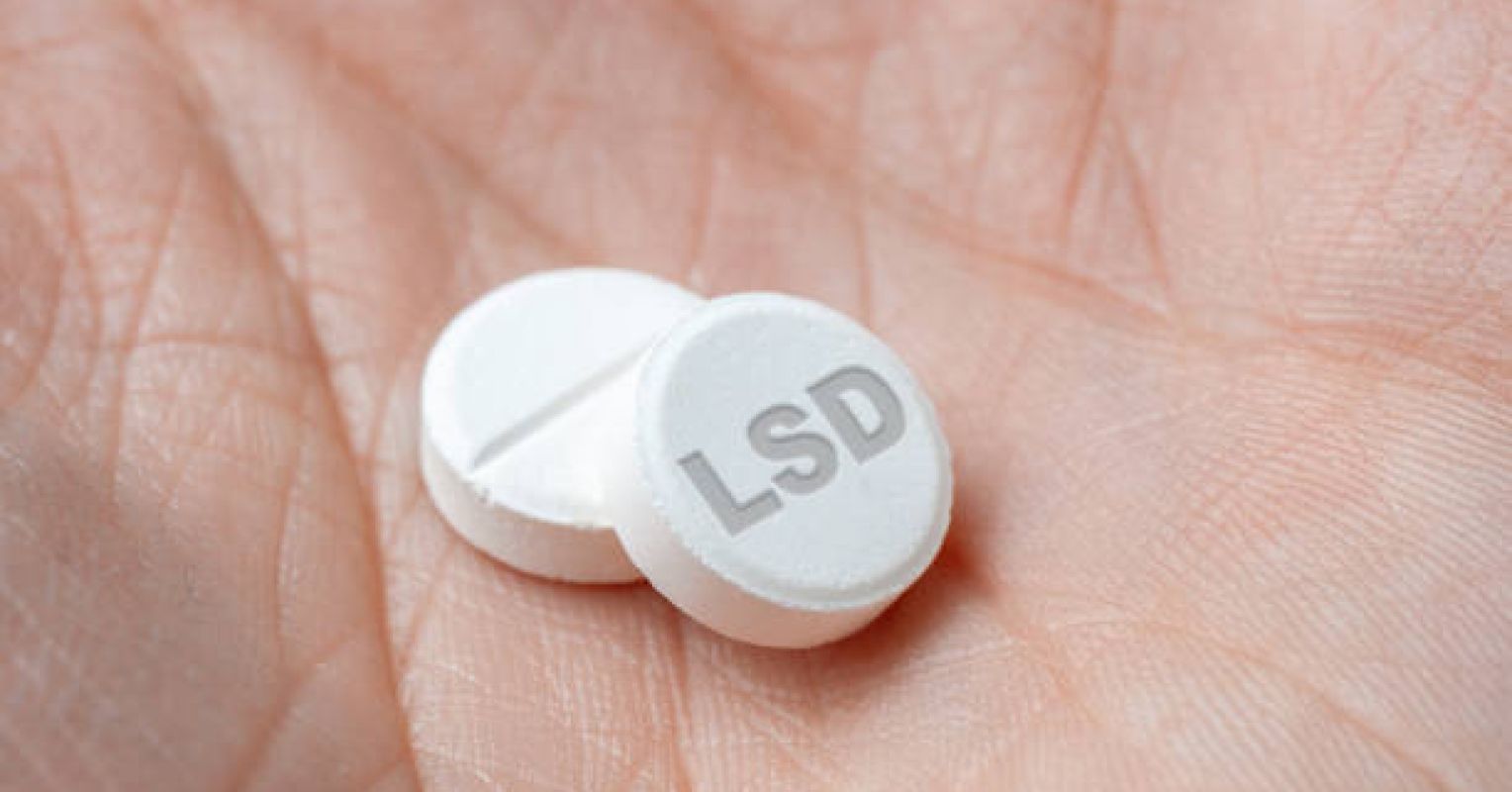
"Lysergic acid diethylamide, or LSD, was first synthesized by Swiss chemist Albert Hofmann in 1938. The pharmaceutical company Sandoz marketed LSD in 1947 as Delysid, promoting it for treating schizophrenia and depression, as well as a tool for exploring consciousness. Harvard psychologist Timothy Leary and others promoted its use but came under fire for unscientific and unethical experiments. The unregulated and often irresponsible drug usage linked LSD with dangerous behavior."
"In the study, co-authored by Massachusetts General Hospital's Psychiatrist-in-Chief Maurizio Fava, M.D., single administration of higher-dose LSD produced robust and sustained reductions in anxiety symptoms lasting an astonishing 12 weeks. Only subjects receiving the two highest doses showed significant clinical improvement, indicating the observed efficacy was unlikely due to expectancy bias (finding what one hopes to find). Patients in the study well-tolerated LSD, though initial psychedelic effects required direct observation on the day of administration."
Single administration of higher-dose oral LSD (MM120) produced robust, sustained reductions in anxiety symptoms lasting up to 12 weeks. Clinical improvement occurred only in participants receiving the two highest doses, suggesting effects were dose-dependent and unlikely to reflect expectancy bias. No adjunct psychotherapy was provided, indicating potential therapeutic benefit without psychotherapeutic support. Patients generally tolerated LSD well, though acute psychedelic effects required direct observation and monitoring on dosing day; participants received continuous supportive monitoring, including music, eyeshades, and basic assistance. Historical regulatory restrictions and rising nonmedical hallucinogen use contextualize renewed clinical interest.
Read at Psychology Today
Unable to calculate read time
Collection
[
|
...
]